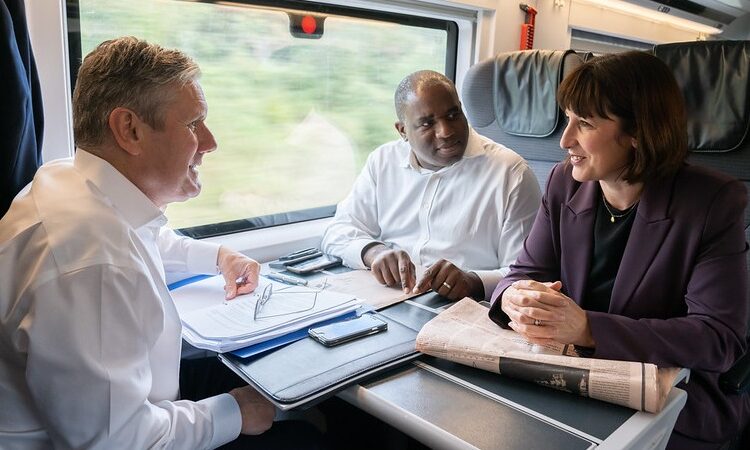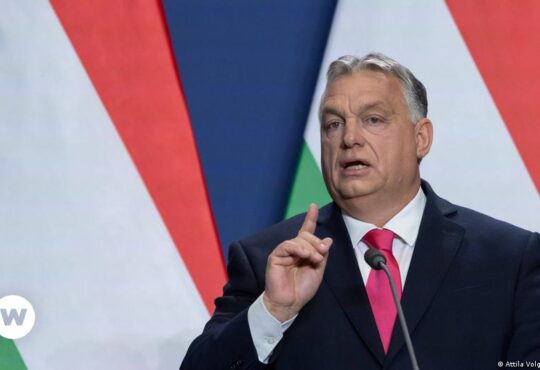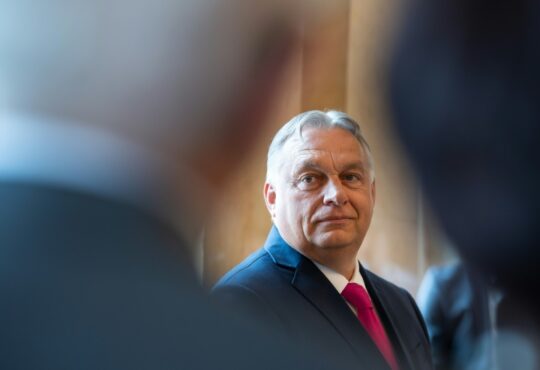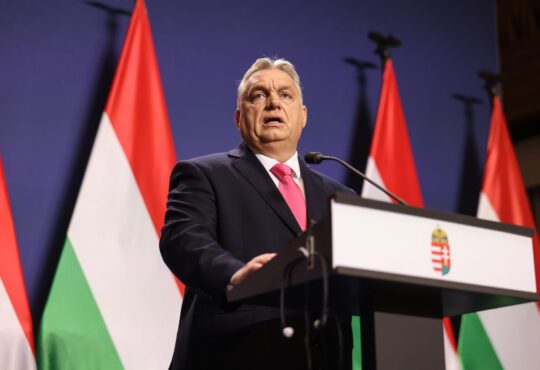
Labour’s shadow foreign minister says cost-of-living crisis means some climate finance must come from outside rich governments’ budgets
A Labour Party government in the UK would show “full solidarity and partnership” with developing countries wanting to take climate action, shadow foreign secretary David Lammy said this week ahead of a July 4 general election.
Opinion polls predict that voters are set to back the left-wing Labour Party over the incumbent Conservative government by a significant margin, a BBC tracker shows.
Lammy told an event during London Climate Action Week that he supports the green reforms of the global financial system that have been proposed by the leaders of Kenya, Barbados and the World Bank.
Clare Shakya, climate lead at The Nature Conservancy, a green group, told Climate Home that Lammy’s comments were “massively ambitious” and “exactly what the world needs to hear right now”.
But promises on climate finance to developing countries in the Labour Party manifesto are the same as the ruling Conservative Party. Lammy argued that “all across the world, a cost-of-living crisis is making it hard to make the case solely for taxpayers’ funds” to support climate action in developing nations.
The Conservatives and Labour have both pledged to restore the overseas aid target from 0.5% to 0.7% of gross national income when “fiscal circumstances allow”. Both have committed to providing £11.6 billion ($14.7bn) in international climate finance between 2021 and 2026.
Claudio Angelo, international policy coordinator for Brazil’s Climate Observatory, commended Lammy “for being so vocal about the need for the UK to step up” on climate multilateralism.
But, he added, the Labour politician “doesn’t seem to offer anything new on climate finance and now, with four months left until COP29, we desperately need a breakthrough”.
IEA calls for next national climate plans to target coal phase-down
At the COP29 climate summit in November, governments are due to agree on a new post-2025 goal for international climate finance. Developed and developing countries have been divided so far, with developing nations proposing targets of $1.1-$1.3 trillion a year but wealthy governments refusing to openly discuss figures until the issue of where the money will come from is addressed.
Outside the UN climate talks, a coalition led by Barbados Prime Minister Mia Mottley – partly backed by the US, Germany and others – has been pushing for multilateral development banks to lend more money to green projects. Kenyan Prime Minister William Ruto has called for taxes on polluters to raise money for climate finance.
Lammy told a forum on climate politics, organised by think-tank E3G on Tuesday, that the global financial system’s rules “were set up in a different age, a different century – they don’t work today”. “We want to work with [World Bank president] Ajay Banga and others to bring about the changes that are required,” he added.
Angelo said he supports the need to shake up the system, but described Lammy’s references to reforming multilateral development banks while limiting public finance as “standard developed-country talking points”.
Asked about the Labour manifesto promise to “audit” its relationship with China, Lammy said Labour would “engage appropriately” with the world’s biggest emitter on key policy areas, adding “there is no more important issue in so many ways than the climate issue.”
He praised the EU, US and Australia for their efforts to talk with China, and said a Labour government would “cooperate with China when we can”. The previous day, he told the India Global Forum that he would also work with India on climate change.
Li Shuo, director of the China climate hub at the Asia Society Policy Institute in Washington DC, told Climate Home that “the UK has been quite self-absorbed and quickly disappeared from the list of interlocutors with Beijing since COP26 in Glasgow”.
“The desire to restart engagement is a welcome development,” he added. “This is particularly true if the US election goes south. Much of the rest of the world will need to hold the fort.”
On domestic energy policy, Lammy reiterated Labour’s pledge not to issue any new licences for oil and gas production in the North Sea.
The party’s manifesto outlines further national climate policies, including decarbonising electricity by 2030 – five years earlier than the current government’s plans – by doubling onshore wind, tripling solar and quadrupling offshore wind.
(Reporting by Daisy Clague and Joe Lo; editing by Joe Lo and Megan Rowling)






